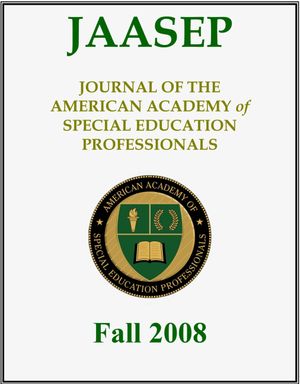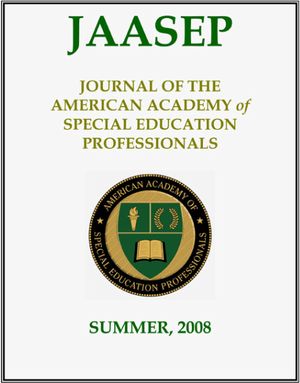Starting from:
$5.95
The Effects of Relationship History on Student Responding in an Academic Setting
Abstract
Rapport between educators and students has been suggested as an important factor contributing to an effective educational setting. Rapport can be difficult to measure due to idiosyncratic characteristics; however, challenging behavior exhibited by an individual has been used to determine whether two individuals share a quality relationship. Although practitioners are frequently encouraged to established rapport to maximize educational benefit with students, there is no consensus regarding specific activities and duration associated with rapport-building other than the establishment of rapport requires some passage of time. Currently there is a lack of research comparing behaviors exhibited by an individual in the presence of an instructor with a prior relationship history and in the presence of an instructor with no history. This study compared the rate of correct responding and challenging behavior emitted by participants in the presence of an instructor in which they had previously worked and a second instructor with whom they had no previous interaction. Results indicate no marked differences in patterns of responding between the two therapists.
Keywords: rapport, pairing, pre-session pairing, relationship quality, autism
Rapport between educators and students has been suggested as an important factor contributing to an effective educational setting. Rapport can be difficult to measure due to idiosyncratic characteristics; however, challenging behavior exhibited by an individual has been used to determine whether two individuals share a quality relationship. Although practitioners are frequently encouraged to established rapport to maximize educational benefit with students, there is no consensus regarding specific activities and duration associated with rapport-building other than the establishment of rapport requires some passage of time. Currently there is a lack of research comparing behaviors exhibited by an individual in the presence of an instructor with a prior relationship history and in the presence of an instructor with no history. This study compared the rate of correct responding and challenging behavior emitted by participants in the presence of an instructor in which they had previously worked and a second instructor with whom they had no previous interaction. Results indicate no marked differences in patterns of responding between the two therapists.
Keywords: rapport, pairing, pre-session pairing, relationship quality, autism
1 file (213.7KB)



